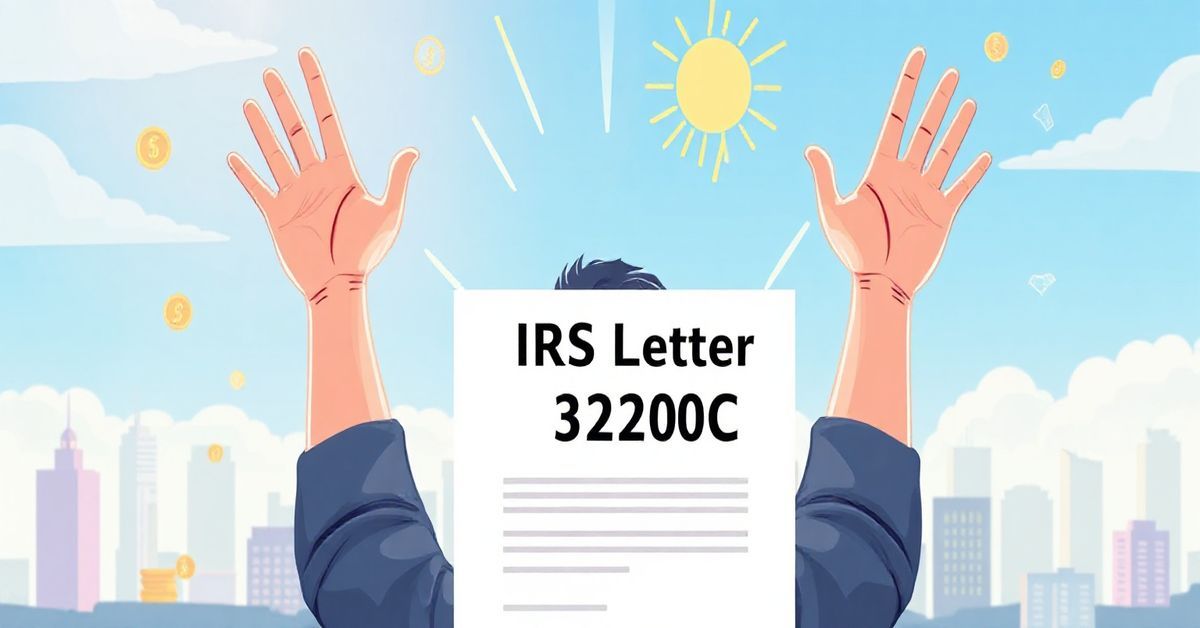Letter 3220C: Offer in Compromise Acceptance
What Does Letter 3220C Mean for Your Taxes?
A Letter 3220C from the IRS confirms that your Offer in Compromise (OIC) application has been accepted. This means the IRS has agreed to settle your tax debt for a reduced amount, based on your individual financial situation. Upon fulfilling the terms outlined in the letter, your tax debt is considered satisfied.

